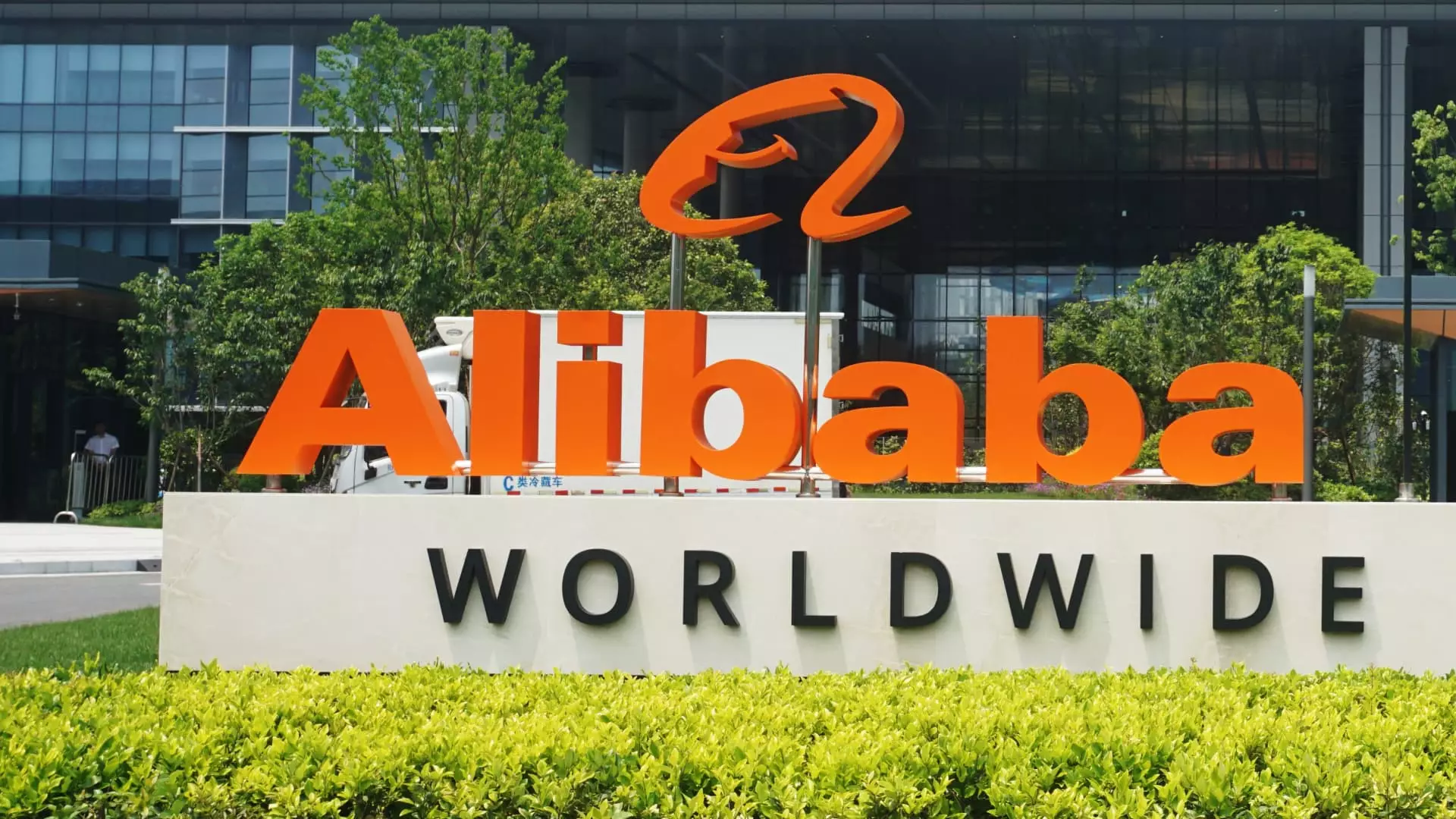In a significant move underscoring its ambitions in the international market, Alibaba’s international division has recently unveiled an enhanced artificial intelligence-driven translation tool named Marco MT. This innovative product aims to surpass the existing offerings from notable competitors such as Google, DeepL, and even OpenAI’s ChatGPT—a bold claim that illustrates Alibaba’s confidence in its new technology. This article explores the implications of this development for e-commerce and the broader landscape of AI-driven translation.
The genesis of Marco MT stems from Alibaba’s goal to provide small and medium-sized merchants the ability to communicate effectively with diverse customer bases globally. As businesses increasingly venture into international markets, the need for reliable and context-aware translation tools has never been more critical. The updated iteration of Marco MT leverages large language models, which allow it to interpret cultural nuances and industry-specific terminologies—capabilities that traditional translation tools often lack. Kaifu Zhang, Alibaba’s VP, emphasizes that the tool’s core mission is to bolster merchants’ sales performance, which, in turn, enhances Alibaba’s own platform success.
Zhang’s insights lend weight to the notion that effective communication transcends mere words; understanding cultural context can mean the difference between a sale and a loss. For instance, a straightforward translation of a product description might neglect regional idiomatic expressions that resonate with local consumers. This contextual sensitivity is precisely what Alibaba aims to harness with Marco MT, setting high stakes in the competitive translation market.
Marco MT is not merely intended for the Chinese merchant population seeking to expand overseas; it is crafted to serve a global marketplace. The introduction of this tool comes at a time when Alibaba recognizes significant growth potential in both established and emerging markets. Zhang has noted that developing countries represent around half of the top twenty users of AI tools on Alibaba.com. This insight is crucial: it reveals the company’s strategy to tap into burgeoning markets that may not have been fully explored by competitors.
Furthermore, Alibaba’s reach is bolstered by its international platforms such as AliExpress and Lazada, which facilitate cross-border trade. The impending demand for Marco MT is anticipated to be substantial, especially from regions in Europe and the Americas, where e-commerce is flourishing. By addressing the precise needs of these markets, Alibaba is poised to strengthen its foothold globally, especially as more Chinese companies explore international e-commerce opportunities.
Building on the success of its initial translation offering, which accumulated over 100 million product listings last year, Alibaba is now tailoring the user experience for merchants. For merchants, this tool is about more than just translation; it’s about dramatically enhancing their online sales narratives. Zhang argues that clearer and more culturally relevant descriptions are more likely to convert casual browsers into buyers. The goal is to provide a seamless shopping experience that not only showcases a product but also resonates with consumers on a deeper level.
Moreover, with upcoming sales events such as Alibaba’s “Double 11” shopping festival, it becomes crucial for merchants to present their products in the most appealing way possible. Marco MT is poised to ensure that language barriers do not hinder potential sales, paving the way for a more authentic shopping experience that resonates with global consumers.
Alibaba’s foray into the AI translation space is an illustration of its commitment to innovation and adaptability amidst a crowded e-commerce landscape. However, it will have to continuously monitor its performance against competitors who are also pouring resources into AI advancements.
Financially, the international segment of Alibaba has shown a remarkable growth trajectory, with reported sales growing by 32% to $4.03 billion last quarter. This contrasts sharply with the stagnation seen in its core Chinese operations. As Alibaba balances its domestic challenges with international growth initiatives, tools like Marco MT will be critical in sustaining momentum.
Alibaba’s launch of Marco MT signifies more than just an incremental improvement; it represents a strategic pivot towards enhancing global merchant experiences and penetrating new markets. By harnessing the power of contextual AI translation, Alibaba is not only safeguarding its position in the e-commerce ecosystem but also redefining the standards for global online commerce.

Leave a Reply